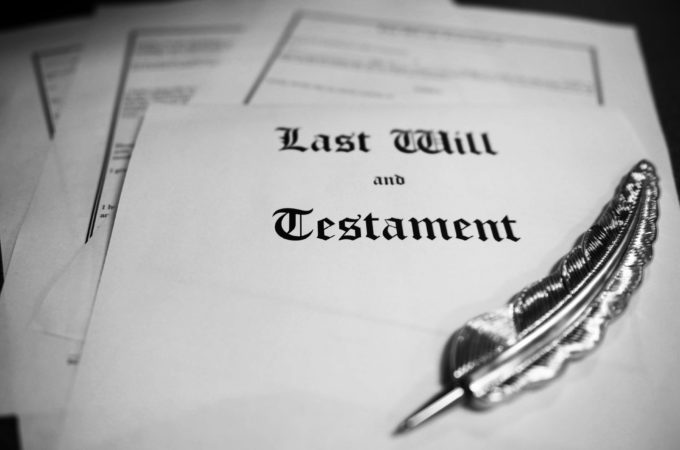On March 16, 2020, the Superior Court of Ontario released its decision in Calmusky v Calmusky. In Calmusky, the Court applied the presumption of resulting trust to a RIF that was designated to a particular beneficiary. The beneficiary was unable to rebut the presumption, and the Court ordered that funds…
Successfully summoning counsel of record for examination is typically a difficult task, and a motion to quash will often be brought after a summons is served on counsel for one of the parties. Case law in is clear that, generally, calling a lawyer to give evidence against their client should…
In Poitras v. Canadian Cancer Society et. al., 2020 ONSC 4935 (CanLII), a decision on a motion, the Estate Trustee/moving party sought an order setting the terms of a release so an interim distribution could be made. The responding party argued that an interim distribution could not be made until…
In Deleon v. DeRanney, the Ontario Superior Court of Justice awarded some dependant support to a non-biological child who was part of the deceased’s unconventional family. As blog readers may be aware, the Succession Law Reform Act (SLRA) does not require that a child be the biological offspring of the…
How should an estate trustee proceed when they cannot identify or locate all of the heirs to an estate? In some cases, a challenge arises where a will does not identify the beneficiaries by name, but by class or some other description. For example, a will may leave the residue…
Counsel faced with responding to frivolous objections to an application for a certificate of appointment of estate trustee may wish to consider rule 25.11 of the Rules of Civil Procedure. Rule 25.11 allows the court to strike out (all or part of) a pleading, without leave to amend, on the…
Leaving aside other means of severance, including that which occurs on bankruptcy or by judicial sale, there are three main ways to sever a joint tenancy: Unilaterally acting on one’s own share, such as selling or encumbering it; A mutual agreement between the co-owners to sever the joint tenancy; and…







